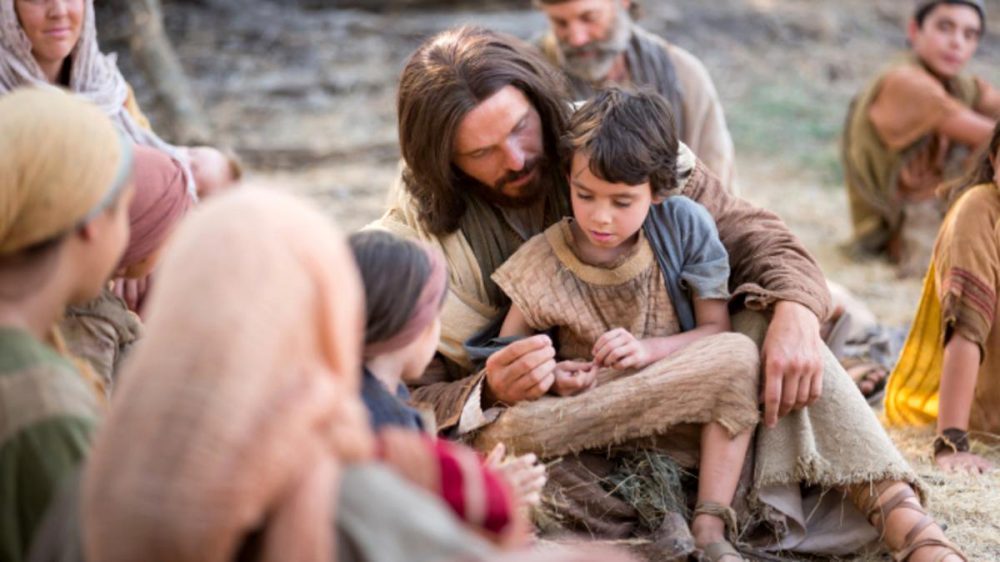Fr Paolo Consonni, MCCJ
6TH SUNDAY OF EASTER – YEAR A
“I will not leave you orphans; I will come to you. In a little while the world will no longer see me, but you will see me, because I live, and you also will live. On that day you will realize that I am in my Father and you are in me and I in you” (Jn 14:18-19).
Six weeks have passed since Easter Day, but this Sunday’s Gospel (Jn 14:15-21) again repeats the farewell discourse Jesus gave to His disciples during the Last Supper before His impending death. At that time, He tried to prepare the disciples for the painful experience of separation that was ahead of them. Despite His beautiful words of consolation and encouragement, after Jesus’ arrest and execution, the disciples were shocked and filled with terror and thrown into disarray, still unable to understand the salvific meaning of the cross Jesus tried to convey to them.
Then the unexpected happened. The Risen Christ appeared to them, and they were both overjoyed and relieved to see Jesus alive. Jesus is not dead! He is indeed the Messiah, the Savior of the world! His power is stronger than evil and death! The sense of separation temporarily collapsed. If Jesus was alive, then life could go on as usual, as in the old days: Jesus being with them in flesh and blood, leading them, teaching them, performing miracles, and helping people as he always did.
But Jesus’ Resurrection was not simply a return to earthly life: “Christ’s humanity can no longer be confined to earth and belongs henceforth only to the Father’s divine realm”; “In his risen body he passes from the state of death to another life beyond time and space” (CCC 645-646). Starting from Mary Magdalene in front of the tomb, the Risen Christ’s message to his followers has always been: “Do not hold on to me” (Jn 20:17), an invitation to relate to Him in a way different than before. St. Paul used the expression “to regard Jesus no longer from a worldly point of view” (2Cor 5:17). The real separation Jesus was talking about during the Last Supper, more difficult to understand than His death, is exactly this: the necessity for Him to return to the Father, His remaining with us through the Holy Spirit dwelling within us, the mission entrusted to the Church as His Body, visible and active in the world.
“I am with you always, till the end of time” (Mt 28:20), but not with His earthly body. Why? If He were simply to remain here and be visible to all, would it not have been better? From God’s point of view, it is not so. His Ascension allows Him to be present “within us,” and not simply “among us,” as an external companion. This new way of being present can be perceived only through faith, and not simply through the senses. Through the Holy Spirit, the Risen Christ is alive in our hearts, actions, relations, in their inner being: “He is in us” and “we are in God.” Last Sunday I wrote about Jesus going to prepare a “home” for us. This Sunday Jesus tells us that God Himself will come and find a home in us.
While before Pentecost the disciples might have considered Jesus’ return to the Father as another loss and another separation. After the coming of the Holy Spirit, they will experience the opposite. By disappearing from the perception of our senses, and by awakening in us the necessity of discovering Him through faith, Christ becomes totally intimate with us. Everybody, and not only those who met Him in person, now has the possibility to enjoy this unthinkable intimacy with God. The absence of Jesus in the flesh after the Ascension was necessary so that He might be present everywhere and at any time to anyone through the Holy Spirit.
I know that these thoughts might seem quite mysterious and abstruse. But looking at the life of St. Paul and many saints after Him who had never met the historical Jesus, we realize that their encounter and their relationship with the Risen Christ in the Holy Spirit was as real and deep as possible. In the words of St. Paul: “It is no longer I who live, but it is Christ who lives in me. And the life I now live in the flesh I live by faith in the Son of God, who loved me and gave himself for me” (Gal 2:20). For them, the journey of faith, the “keeping of His commandments” (v. 15,21) became a response of love springing from within their hearts, and not simply a compulsory obeying of an external order.
Looking at those saints, we truly realize how the mysterious presence of the Risen Christ “within” their hearts, through the Spirit, helped them to live with intensity, passionately, and in fullness. Exactly as Jesus said: “I live, and you also will live” (v.19). We will need His Spirit to become more alive.


 Follow
Follow


